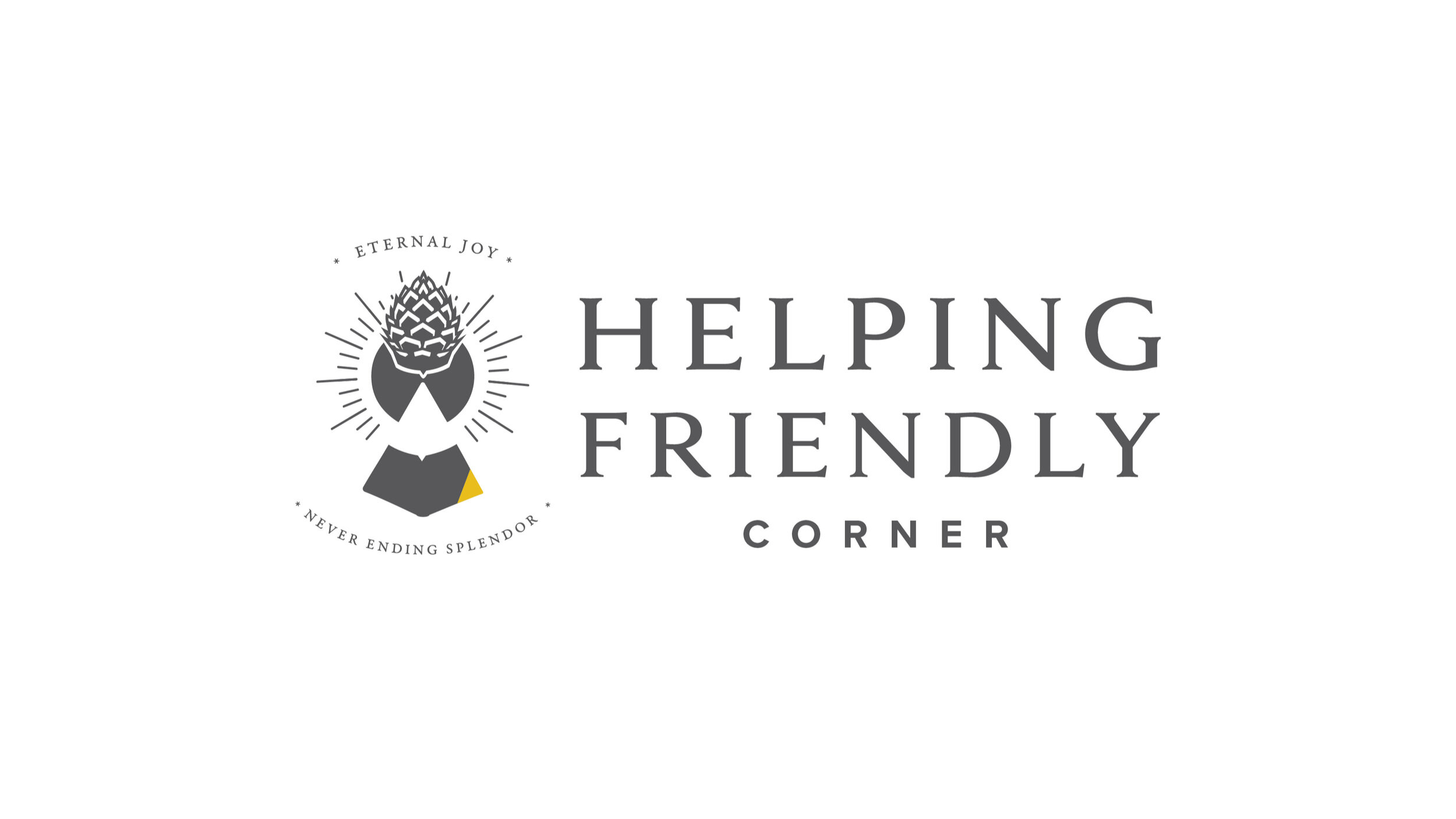Seventeen : If You Need to Visualize the Soul
/If you need to visualize the soul…
Read More
If you need to visualize the soul…
Read MoreIn honor of the super moon, and because I’ve been thinking about the relationship between Pan the god and Pan the pandemic as of late, here’s an excerpt from Helping Friendly Book #5, Jitterbug Perfume by Tom Robbins. Notice the roots of the masculine/feminine, classic/romantic split go way, way back.
Read MoreThis is one of my favorite poems of all time, and it feels especially suited to the situation we’re in now.
Read MoreThis may sound like a simple question at first, but if you start tapping on Quality with your analytical chisel, you’ll be amazed how unsimple it can be. Quality, what the hell is it?
Read MoreI should talk now about Phædrus' (analytical) knife. It'll help understand some of the things we talked about.
Read MoreMany years after reading Zen and the Art of Motorcycle Maintenance I discovered Sir Francis Bacon. You know the feeling you have when you read something that completely hits the nail on the head of what your intellect and intuition tells you is true, and in a beautifully succinct and loaded way? That is what this quote below is from Francis Bacon’s The Novum Organum (The New Method, or true directions concerning the interpretation of nature) published in 1620 as the second part of his six part master plan for the total renewal of arts and sciences called The Great Instauration. When I read this, I heard bells ringing, and I knew Phaedrus and Sir Francis Bacon were both travelers in the same High Country of the Mind, just 375ish years apart. Spirit animals. Can you make the connection between the Classic/Romantic Dichotomy and the Way of the Bee? Bzzzzz. #brainhoney
Read MoreAs promised, here is the key to the Copernican Revolution we were talking about earlier. If you can wrap your head around what Robert Pirsig is talking about here, underlying form vs. immediate appearance and the relationship between the them, you will start to look at the world in a completely different way than you’re probably used to. This is how we begin to transcend the limitations of the Cartesian split that seems to be embedded in the modern zeitgeist. This is how we begin to understand Quality.
Read MoreI’m not delaying. This is actually the amuse-bouche for the big knowledge drop on Friday (tomorrow) about splitting all of human knowledge into two categories - classic and romantic. I’m thinking Friday’s will be for big drops. Today’s quote is the final primer so that tomorrow you’ll know what to listen for…
Read MoreUnderstanding the difference between the classic and romantic aspects of reality is so important, so essential to the foundation of the Metaphysics of Quality, that I’m going to wait one more day to drop it on you. It’s so important that I want to make sure you’re ready for it. When you understand the difference between classic and romantic knowledge, you’ll never look at the world quite the same. In the meantime, I’ll tell you a secret…
Read MoreSince yesterday was a summit day and the post was long with a lot to unpack, I thought today might be nice to go short and pithy before picking back up with Zen and the Art of Motorcycle Maintenance and the Metaphysics of Quality tomorrow. Here’s one of my favorite quotes from my favorite authors, from Helping Friendly Book 32.
Read MoreHow do we know the things we know? Does all knowledge come through our senses? If not exclusively our senses, where? What is more real, the idea of a chair or the physical chair you’re sitting on right now? What is the nature of “substance”? Hume, Kant, empiricism, paradox, and the all important a priori motorcycle. There’s a lot to unpack today.
Read MoreWe’re going to make a summit attempt right here in the beginning so we can get a lay of the land and have a better sense of what reality looks like from a vantage point. These next couple posts also serve as a crash course in the history of western philosophy. We’ll start abstract and then get concrete, as best we can. This is the relationship between the High Country of the Mind and material reality that we’re starting to get used to.
Read More“What I would like to do is use the time that is coming now to talk about some things that have come to mind. We’re in such a hurry most of the time we never get much chance to talk. The result is a kind of endless day-to-day shallowness, a monotony that leaves a person wondering years later where all the time went and sorry that it’s all gone. Now that we do have some time, and know it, I would like to use the time to talk in some depth about things that seem important.”
Read MoreThe legend of the Helping Friendly Book Club, from the beginning, and a Helping Friendly Corner orientation.
Read MoreAn Ode to the Muse on Shakespeare’s birthday to make sure we get started off on the right foot. May inspiration move me brightly on this journey we’re about to begin together.
Read MoreWhat is your identity? How big of a role does it play in determining your behavior? How susceptible to influence is it (both good and bad)? How much control over the creation of your identity did you have? How much control do you have now? Where do you find reliable sources for positive adjustments? How do you defend your identity from intrusion by outside forces? What does "Ishmael" by Daniel Quinn teach us about giving and receiving paradigm shifting insights?
Read More